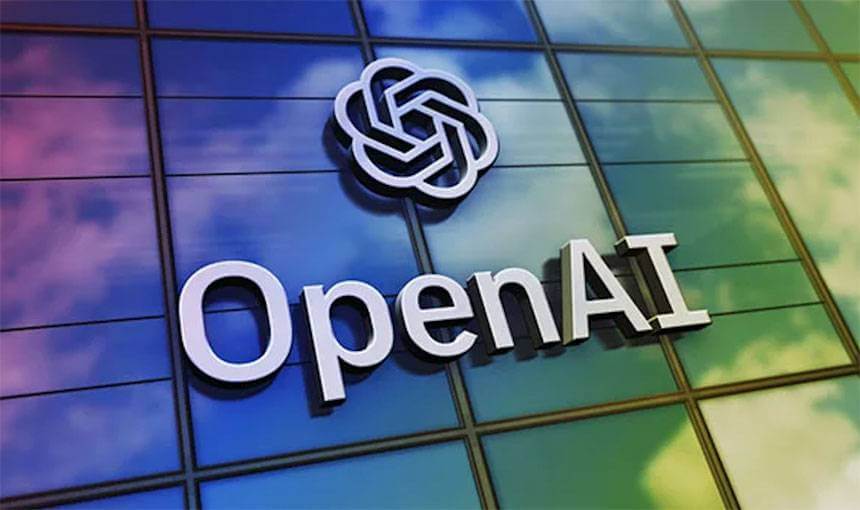OpenAI, originally established in 2015 as a non-profit AI research laboratory with the mission to ensure that artificial general intelligence (AGI) benefits all of humanity, is undergoing a significant transition to a for-profit business model. In light of this shift, the company has enlisted prominent figures, including labor leader Dolores Huerta, to guide its philanthropic endeavors.
The transition involves converting its existing for-profit arm into a public benefit corporation (PBC). This structure is used by other AI companies like Anthropic and xAI and requires the company to consider the impact of its technology on society alongside shareholder value. The original non-profit would relinquish direct control but become a massively endowed foundation through equity in the new company, funding separate charitable work in science and education. OpenAI believes this restructuring will allow the non-profit to be well-funded and better sustained, strengthening its mission.
To ensure the non-profit continues to be a "force for good," OpenAI has created a temporary advisory board. This commission will provide guidance on philanthropic giving as the company transitions to a for-profit structure. The advisory board has a 90-day timeline to deliver non-binding recommendations to ensure OpenAI's non-profit arm thrives. The members were chosen for their experience working with community-based organizations.
Dolores Huerta, who co-founded the United Farm Workers union with Cesar Chavez, will lend her expertise to the advisory board. Joining Huerta are Monica Lozano, former Spanish-language media executive; Robert Ross, the recently retired president of The California Endowment; and Jack Oliver, an attorney and longtime Republican campaign fundraiser. Daniel Zingale, a former aide to California governors, will convene the advisory group. The team will advise on how OpenAI's philanthropy can address AI's societal impacts.
The transition to a for-profit model is not without its challenges. OpenAI faces hurdles, including securing approvals from the California and Delaware Attorneys General, potentially buying out the non-profit's assets, and addressing a lawsuit from co-founder Elon Musk. Some experts, including Geoffrey Hinton, are urging regulators to block OpenAI's restructuring, arguing it betrays the company's founding mission and hands control of powerful technology to a for-profit entity prioritizing shareholder returns.
Despite these concerns, OpenAI maintains that its commitment to its original mission remains steadfast. The company emphasizes that the success of the for-profit arm will enable the non-profit to be better funded and positioned to ensure AI benefits all of humanity. OpenAI has a complex corporate structure, with the non-profit OpenAI, Inc. controlling for-profit subsidiaries like OpenAI Holdings, LLC and OpenAI Global, LLC. Microsoft has invested significantly in OpenAI and is entitled to a portion of OpenAI Global, LLC's profits.
OpenAI's transition reflects the increasing costs associated with developing advanced AI and the need to attract significant investment. The company estimates that billions of dollars are required to achieve AGI. By becoming a public benefit corporation, OpenAI aims to balance its commercial ambitions with its commitment to safety and positive societal impact.















